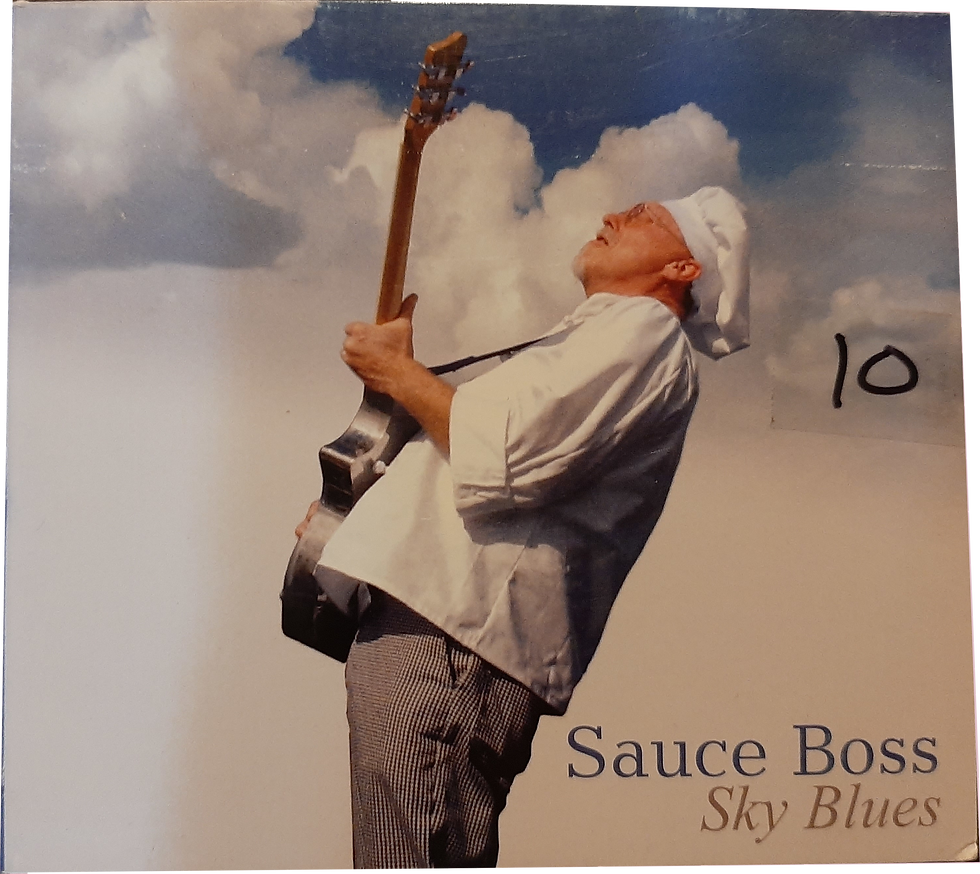Bretheren Sol- Devil's Rope (BSuno): The Guess
- WTH

- May 29, 2022
- 1 min read
Updated: Jun 26, 2022


They say you shouldn't judge a book by its cover, and there's always that edition of Daphne DuMaurier's Rebecca that looks like a trashy romance novel to remind us why. But you can certainly make an educated guess, especially when you've been a record nerd for over two decades.
"Devil's rope" turns out to be slang for barbed wire; that, coupled with the song titles, Tempe recording studio, and the desert road front cover and southwestern collage back cover suggests an Arizona spin on alt country. Meanwhile, the arm lying limp (the only image used twice), which often symbolizes heroin use in this context, and the flaming barbed wire and apocalyptic burning tree suggest sensibilities in the vein of Nick Cave and his many imitators. Hellfire and brimstone literary Americana seems a good bet then.
Then two pieces of information upend everything. There's a co-producer credit for John Norwood Fisher, and then Tony Kanal, No Doubt's bassist, gets a nod in the thank yous. Presumably that's as in Norwood Fisher of Fishbone, which implies funk, ska, or metal, and Kanal further points toward ska. Gonna be very interesting to see what comes out of those speakers.



Comments